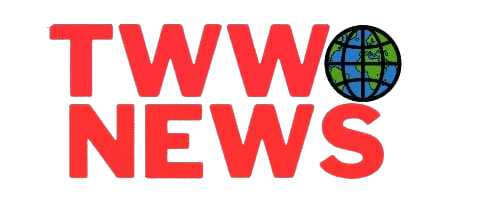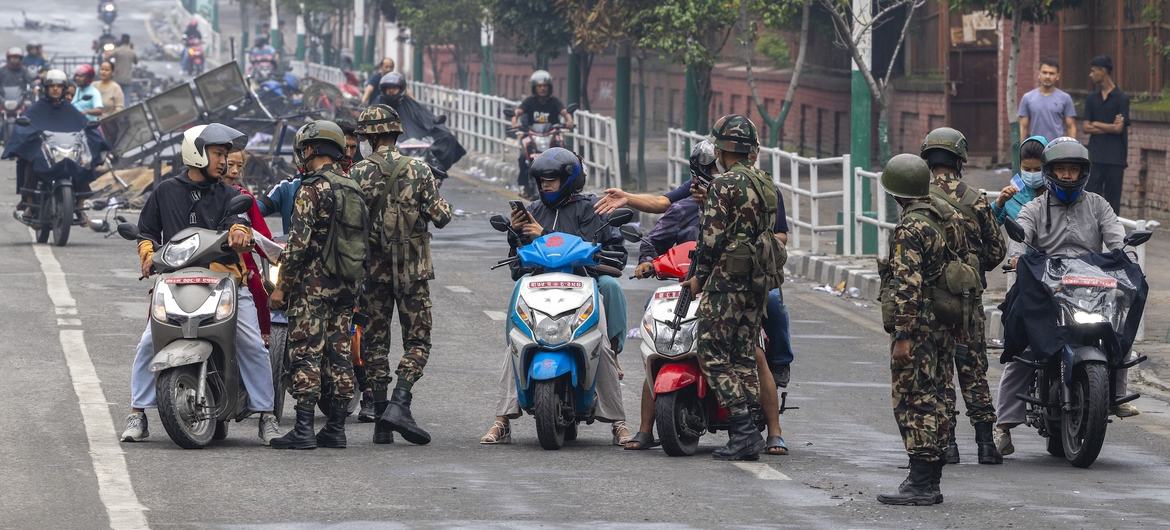Nepal is facing a deepening political crisis as youth-led anti-corruption protests enter their third day, leaving at least 30 people dead and prompting the government to deploy the army across the capital. The unrest, sparked by anger over corruption, nepotism, and social media restrictions, has led to the resignation of Prime Minister KP Sharma Oli and widespread destruction of government infrastructure.
The protests began on Monday as a self declared “Gen Z uprising” and escalated rapidly after security forces opened fire on demonstrators. By Tuesday, protesters had stormed and set fire to key institutions including parliament, the Supreme Court, and the central administrative complex, Singha Durbar. Police stations were overrun, homes of political leaders attacked, and Tribhuvan International Airport temporarily shut down.
Hospitals are reporting critically injured patients, and several jailbreaks have occurred, with some inmates still at large. Reports suggest that external actors may have infiltrated the protests, further destabilizing the security situation.
In response, the army took control of national security late Tuesday, establishing checkpoints and restricting movement across the Kathmandu Valley. Some looted weapons have been recovered, and youth groups have assisted in returning escaped prisoners and restoring order.
UN Secretary-General António Guterres expressed deep concern over the loss of life and called for restraint, peaceful dialogue, and a full investigation. “Protests must take place in a peaceful manner, respecting life and property,” he said on social media.
Despite the chaos, some youth groups have begun clearing debris from their neighborhoods. Behind the scenes, talks are underway to form an interim government, dissolve parliament and investigate illegally acquired assets.

